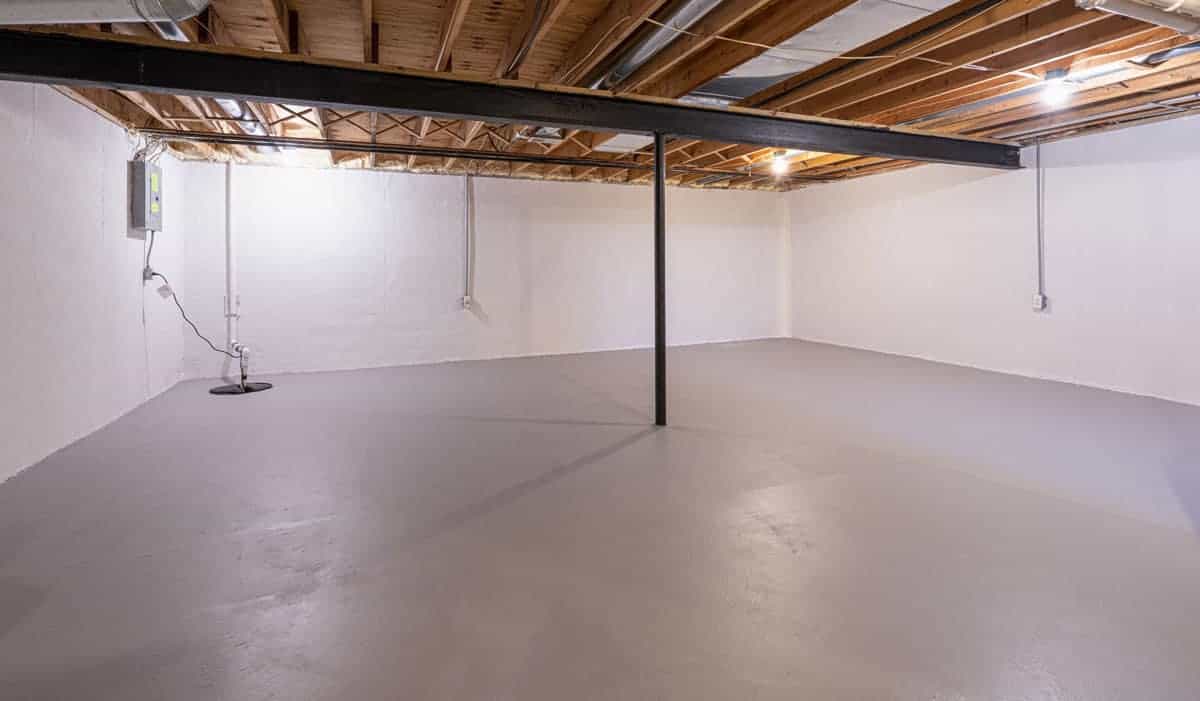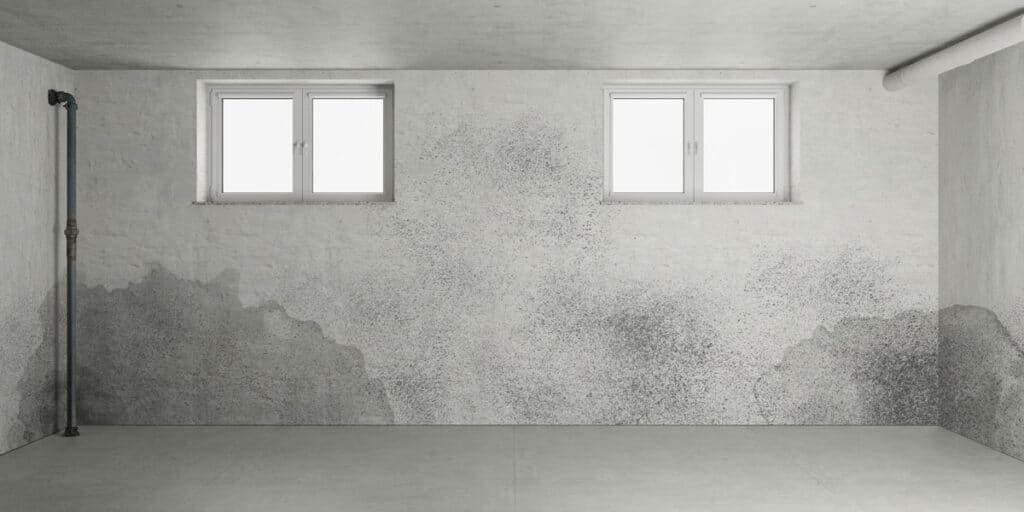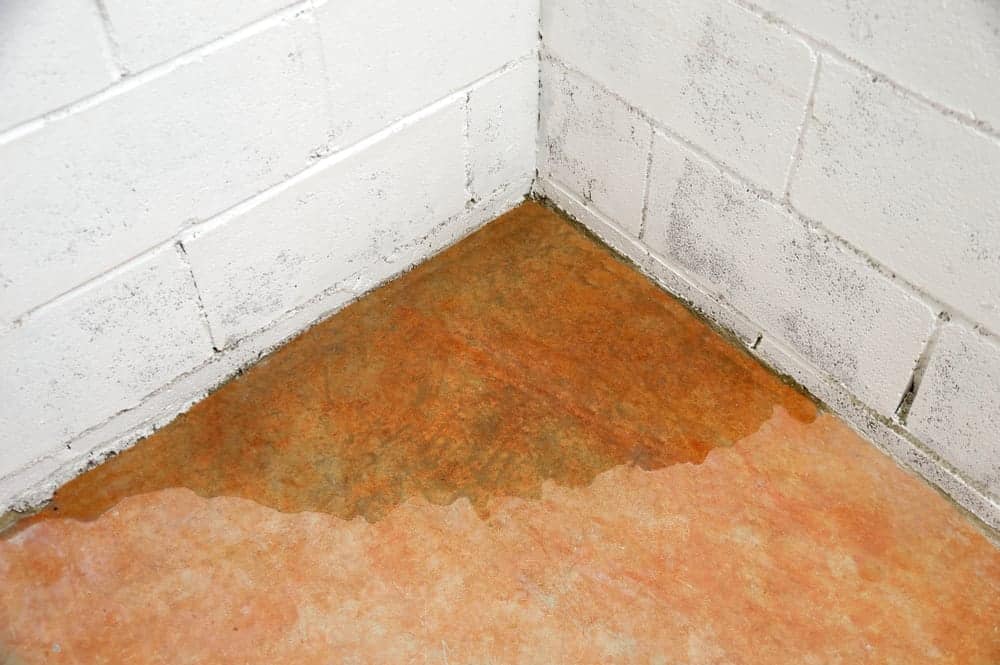
It’s not common for homeowners to consider waterproofing their basement. Why? Because most of them don’t look out for their basements until a major problem arises. As a result, they find it difficult to fix the issue, and even worse, they spend a lot of time and money on repairs.
If you don’t want the same case to happen to you, be proactive about your house’s condition. If you’ve failed to waterproof your basement when it’s already necessary, you may experience flooding, and the integrity of your house’s structure will weaken.
If you have no idea when you should waterproof your basement, you can refer to these signs:

The first and most obvious sign to know if your basement needs to be waterproofed is when you occasionally see some water stains on your basement walls or floors. This sign might indicate that there’s groundwater that has been formed outside your house. The stains could also be due to seepage through wall cracks.
Once you notice this sign, make sure to act on it immediately because that will lead to more serious problems if ignored. However, inspect the stains thoroughly before panicking. Ensure that someone in your house did not cause the stain, or the stain is not due to a washing machine overflow. If it’s not, then call a professional right away.
While basements are usually for storage, it doesn’t mean that they should stink. If you smell a distinct musty, damp odor in your basement, there might be water leaking somewhere that you can’t see. The humidity causing the unpleasant odor may also be created by home appliances and fixtures, like washing machines, water heaters, or sinks. Whatever the case, make sure to have your basement inspected and have it waterproofed if necessary.
Don’t be amazed once you see a sparkling light effect at the right angle when looking at bare floors or walls in your basement area. It’s not a magical and dazzling effect. That case is a sign that there’s a presence of moisture in your basement that can affect your house’s structure negatively.
Once you see that sparkling light effect, it will mostly include powdery white staining on walls. That phenomenon happens because of the evaporation of moisture. Those powdery stains are the breakdown of lime found in the cement mix used to make your walls and floors.
If there’s an efflorescence effect in your basement, call a professional that can waterproof your basement immediately.
Look out for these signs and act on them immediately once you notice them in your basement. If you just ignore them, your house is not the only one that will suffer, but your whole family as well. They may experience sickness caused by toxic molds that your basement might have, so make sure not to leave your basement wet and waterproof it as soon as you can.
If you’re looking for the best waterproofing contractor in Belleville, Sir Williams Drainage and Waterproofing Solutions is what you’re searching for! We provide residential and commercial property owners with high-quality landscaping and grounds maintenance services, like drainage and waterproofing solutions. Contact us today!

Basements are prone to water damage due to their below-ground position and close proximity to the water table. Water intrusion can lead to various problems, including structural damage, mold growth, and compromised indoor air quality. Understanding the common causes of basement water damage is essential for homeowners and property owners to take proactive measures to prevent such issues.
Improper exterior drainage is one of the leading causes of basement water damage. When rainwater is not effectively directed away from the foundation, it can seep into the basement through cracks, gaps, or porous walls. To prevent this:
Cracks in the foundation walls or floors provide a direct entry point for water. These cracks can be caused by various factors, including settling, hydrostatic pressure, or poor construction. To prevent water intrusion through foundation cracks:
A sump pump is a critical component of basement waterproofing. It helps collect and pump out water that accumulates in the sump pit, preventing it from overflowing and causing water damage. To ensure the effectiveness of your sump pump:
Plumbing leaks or burst pipes in the basement can cause significant water damage. To prevent this:
Without proper interior drainage, water that enters the basement may not be effectively channeled out, leading to water accumulation and damage. To improve interior drainage:
Having basement flooding can be prevented with the help of a professional. Contact Sir Williams Drainage & Waterproofing Solutions at (248) 252-5248 today or visit us online for more information!